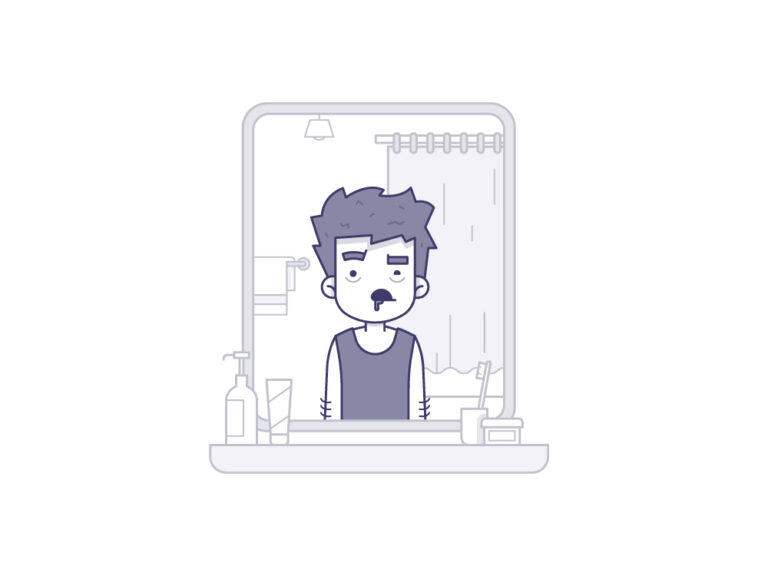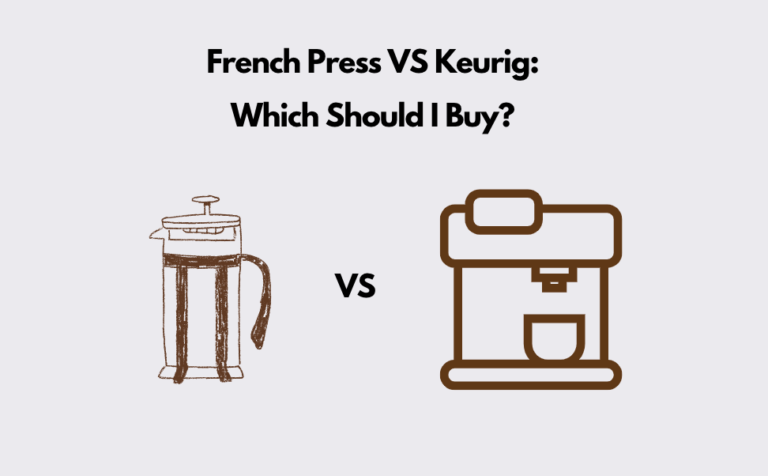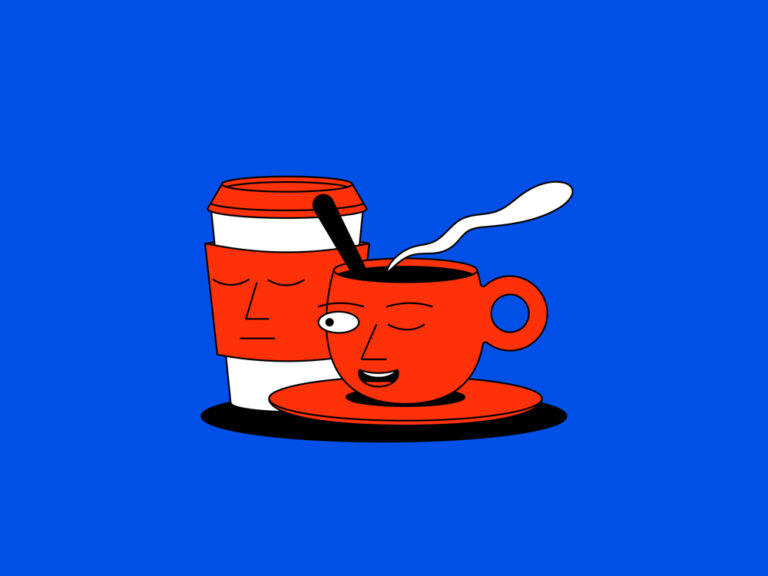
This post may contain affiliate links. As an Amazon Associate and a partner of other brands, I get a small commission if you purchase through my links, at no extra cost from you.
It is quite common seeing people drink coffee for studying. Most of the times the discussion is about getting focused, concentrating and getting help during a long period of studying. But does coffee really helps when studying? Does it improve the focus and your ability to read and stay awake? Or is it just a placebo effect that we keep iterating?
As we covered in previous posts coffee can have several benefits. Recent evidence from the American Institute for Cancer Research concludes that drinking coffee may reduce risk for endometrial and liver cancer. It also have a lot of practical uses and it is good for hangovers due to the ability of caffeine actually interferes with the body’s ability to metabolize alcohol.
Well… let’s now check how coffee helps when studying!
Does coffee helps while studying?
Coffee can help some people focus and study for short periods of time. The caffeine in coffee can improve alertness and concentration, making it easier to stay on task. However, it is important to remember that everyone reacts differently to caffeine, and some people may find that it actually interferes with their ability to concentrate.
Additionally, it is important to use caffeine in moderation, as consuming too much can cause negative side effects such as jitters, anxiety, and difficulty sleeping. If you do choose to use coffee as a study aid, it is best to start with a small amount and see how it affects you before deciding whether or not to increase your intake.
Of course, if you have long reading sessions you might have to create several times coffee or order coffee in order to ensure that it remains fresh and with a perfect flavor (check our related post to learn how long does coffee last)
Why coffee helps to focus (the science behind coffee)?
Coffee can help improve focus and concentration because it contains caffeine, a stimulant that activates the brain’s central nervous system. When caffeine is consumed, it blocks the action of a neurotransmitter called adenosine, which normally promotes sleep. This blockage leads to an increase in the release of other neurotransmitters, such as dopamine and norepinephrine, which can improve mood, alertness, and focus.
Caffeine can also increase blood flow to the brain, which can improve brain function. It is important to note, however, that the effects of caffeine on focus and concentration can vary from person to person. Some people may find that it helps them stay on task, while others may find that it actually interferes with their ability to concentrate.
Coffee or tea while studying?
Both coffee and tea can be consumed while studying, but it is important to consider the effects of each on your focus and concentration.


Coffee contains caffeine, which can improve alertness and concentration for some people. However, it is important to remember that everyone reacts differently to caffeine, and some people may find that it actually interferes with their ability to concentrate. Additionally, it is important to use caffeine in moderation, as consuming too much can cause negative side effects such as jitters, anxiety, and difficulty sleeping.
Tea also contains caffeine, but typically in smaller amounts than coffee. In addition to caffeine, some teas, such as green tea, contain L-theanine, an amino acid that can help improve focus and concentration. Herbal teas, such as peppermint, chamomile, or lemon balm, do not contain caffeine and may help you relax and concentrate.
Ultimately, the best choice for you will depend on your individual needs and preferences. It is a good idea to experiment with different types of beverages and see what works best for you.
Are there any alternatives to Coffee for studying?
Yes, there are several alternatives to coffee that can help you focus and study. Some people find that herbal teas, such as peppermint or chamomile, can help them relax and concentrate. Others find that small amounts of caffeine from sources other than coffee, such as green tea or chocolate, can help improve their focus and alertness.
There are also several non-caffeinated options that can be effective for studying. For example, many people find that taking breaks to stretch, go for a walk, or get some fresh air can help them stay focused and avoid burnout. Some people find that certain supplements, such as omega-3 fatty acids or iron, can improve their mental performance. Finally, it is important to make sure you are getting enough sleep and maintaining a healthy diet, as both of these things can have a significant impact on your ability to concentrate and study effectively.
Examples of coffee alternatives for studying
Here are some examples of coffee alternatives that can help you focus and study:
- Green tea: Green tea contains caffeine, but typically in smaller amounts than coffee. It also contains L-theanine, an amino acid that can help improve focus and concentration.
- Herbal teas: Herbal teas, such as peppermint, chamomile, or lemon balm, can help you relax and concentrate.
- Chocolate: Dark chocolate contains small amounts of caffeine, as well as antioxidants and other compounds that may have brain-boosting effects.
- Water: Staying hydrated can help improve your mental performance.
- Supplements: Some people find that certain supplements, such as omega-3 fatty acids or iron, can help improve their mental performance.
- Exercise: Taking breaks to stretch, go for a walk, or get some fresh air can help you stay focused and avoid burnout.
- Sleep: Getting enough sleep is important for maintaining focus and concentration.
- Healthy diet: Eating a healthy diet rich in fruits, vegetables, and other nutrients can help support brain function.
Best coffee and coffee alternatives for studying
The best coffee brand for studying will depend on your personal preferences and needs. Some things to consider when choosing a coffee brand include flavor, caffeine content, and the way the beans are grown and sourced. Here are a few coffee brands that are popular among coffee drinkers:
- Starbucks: This well-known coffee chain offers a wide variety of coffee options, including espresso drinks, drip coffee, and cold brew.
- Peet’s Coffee: This California-based coffee company offers a range of single-origin and blend coffee options, as well as espresso drinks and cold brew.
- Dunkin’ Donuts: This popular coffee chain offers a variety of coffee options, including flavored and decaf options.
- Death Wish Coffee: This brand is known for its high-caffeine coffee, which is made from a blend of beans from India, Peru, and Colombia.
- Blue Bottle Coffee: This specialty coffee roaster offers a range of single-origin and blend coffee options, as well as espresso drinks and cold brew.
- Teavana: This brand offers a wide variety of loose-leaf teas, including herbal teas that can help you relax and concentrate.
- Twinings: This well-known tea brand offers a range of black, green, and herbal teas, including caffeine-free options.
- The Republic of Tea: This company offers a range of loose-leaf teas, including herbal, black, and green teas.
- Tazo: This brand offers a variety of teas, including black, green, and herbal teas, as well as iced tea and tea concentrates.
- Mighty Leaf: This company offers a range of loose-leaf teas, including black, green, and herbal teas.
Ultimately, the best coffee brand for you will depend on your personal preferences and needs. It is a good idea to try a few different brands and types of coffee to see what you like best.
Our best options of Coffee for studying to buy today
1. Moreish Coffee Roasters Strong Shit! Coffee Bags – Dark Roasted Blend of Arabica and Robusta (50 Coffee Bags)
2. Jerry Can • Coffee Ground Coffee with flavour of nuts and fruits
3. Horsham Coffee Roaster Ground Coffee – Natural, Freshly Roasted Bold Rwandan Blend for Cafetiere
Coffee routine while studying
Here are a few tips for incorporating coffee into your study routine:
- Start with a small amount: Caffeine can affect people differently, so it is a good idea to start with a small amount of coffee and see how it affects you before deciding whether or not to increase your intake.
- Drink coffee in moderation: It is important to use caffeine in moderation, as consuming too much can cause negative side effects such as jitters, anxiety, and difficulty sleeping.
- Drink coffee before you need it: Caffeine can take up to an hour to take effect, so it is a good idea to drink coffee before you need it to help improve your focus and concentration.
- Stay hydrated: It is important to drink plenty of water while studying, as staying hydrated can help improve your mental performance.
- Take breaks: Taking breaks to stretch, go for a walk, or get some fresh air can help you stay focused and avoid burnout.
- Consider other options: If coffee doesn’t work for you, there are many other options, such as tea, water, or supplements, that may help improve your focus and concentration.
- Find what works for you: Everyone is different, so it is important to find what works best for you and your study routine.









